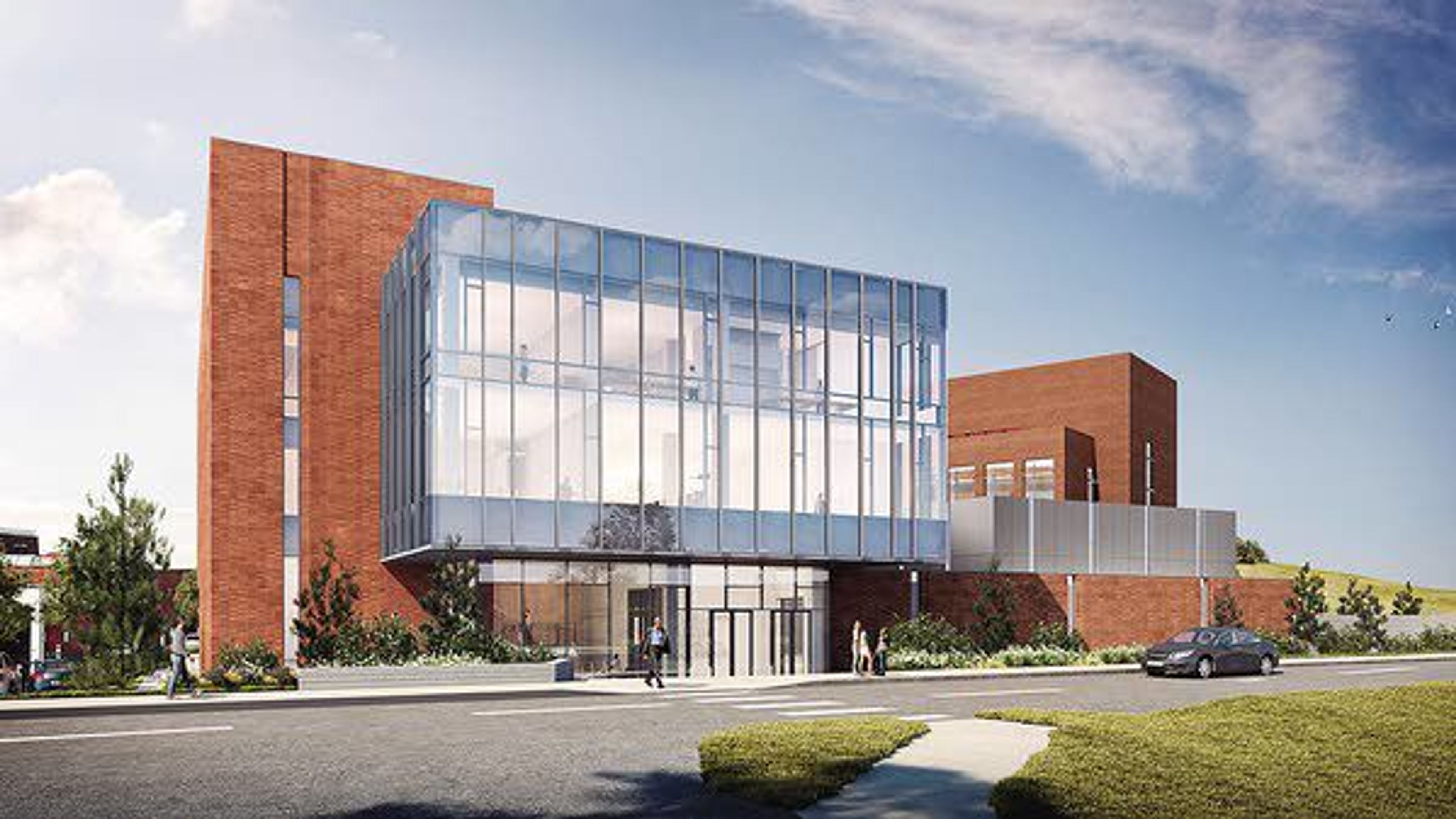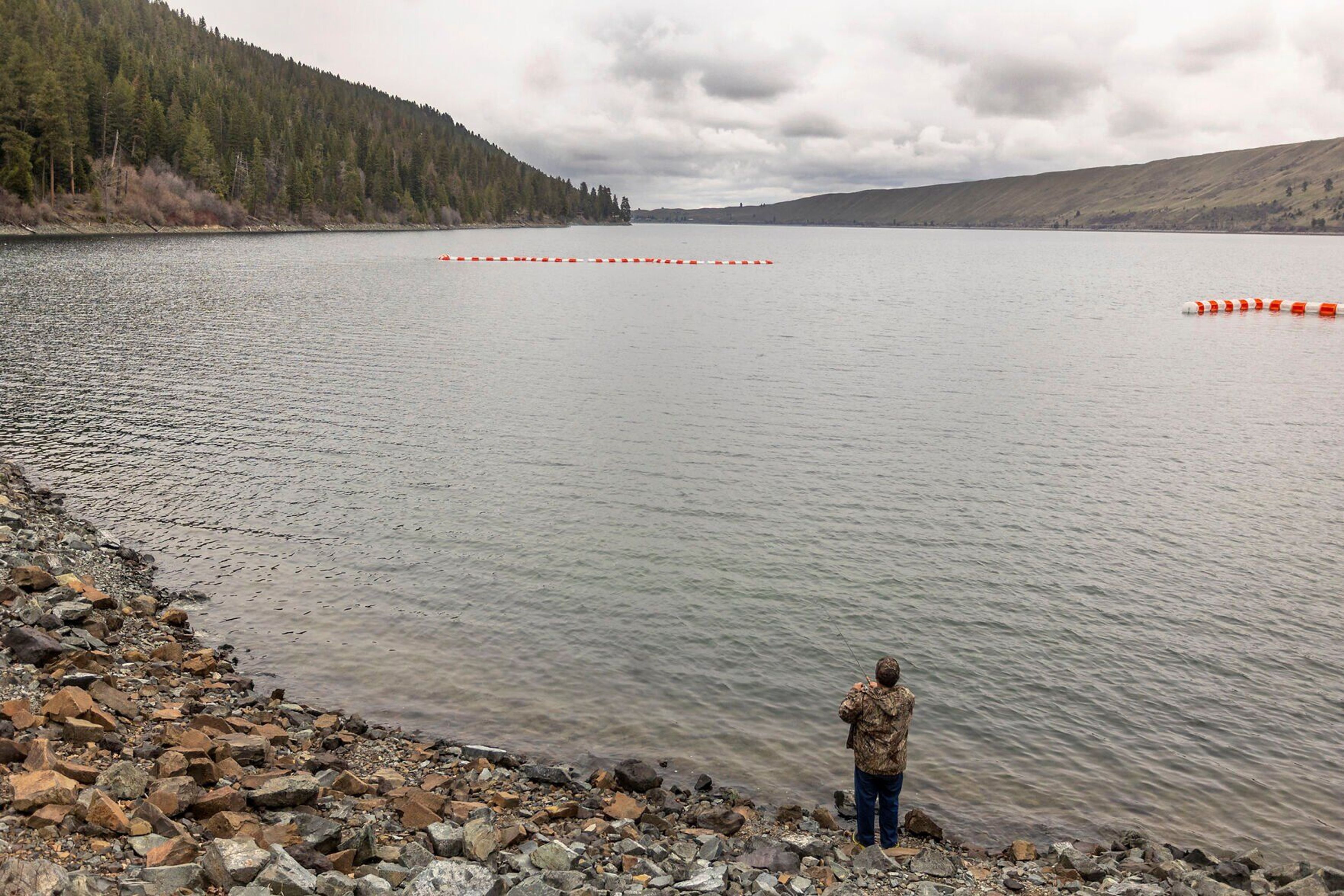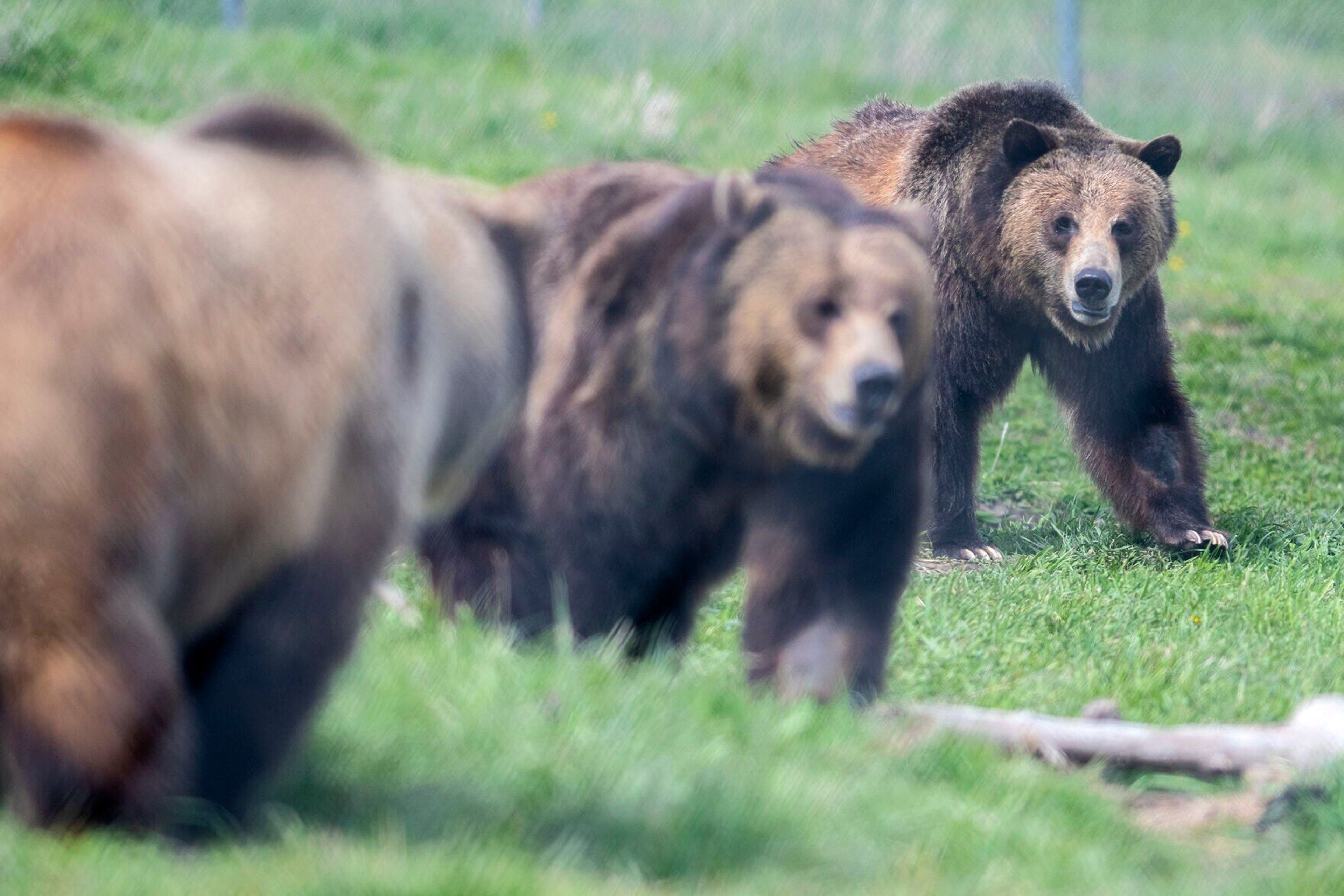WSU to break ground on new lab
After 11 years, construction of the Washington Animal Disease Diagnostic Laboratory is expected to start next month
Washington State University plans to break ground on a long-planned addition to the Paul G. Allen Center for Global Animal Health on Sept. 15, university officials say.
The nearly 62,500-square-foot addition will house the Washington Animal Disease Diagnostic Laboratory, currently located in nearby Bustad Hall, which has a variety of functions, including monitoring and testing for animal-borne diseases like avian flu and West Nile virus on a national scale. WSU Veterinary School Public Information Officer Charlie Powell said the lab conducts around 250,000 individual tests every year at the behest of state and federal agencies as well as private businesses.
"The diagnostic services that we do here at WSU are vital to the economy of not only the state but the Pacific Rim in helping maintain the vigilance to keep foreign animal diseases and emerging diseases out of the state and prevent those from affecting commerce," Powell said.
Laura Lockard, director of communications and public affairs for the veterinary school, said the addition that will house WADDL is the second phase of the Allen Center, with the first phase completed around 11 years ago. She said the Washington Legislature has already approved $23 million for the project, which is expected to cost about $36.4 million total. Lockard said so long as the remaining funding is secured on schedule, the building should be completed by January of 2021. She said the new facilities will help the university meet a growing demand in animal disease detection.
"It allows us to expand our current functions, but it also gives us an opportunity to advance and grow," Lockard said. "We have the ability to do a lot of regional testing as well, and this will allow us to grow into that role."
WADDL is one of just 15 laboratories in the U.S. Department of Agriculture's National Animal Health Laboratory Network, Lockard said. She said these labs act as an early alarm system, intended to catch animal-borne pathogens before they are passed to humans.
"If there's a major bird flu that's crossing America, WADDL is one of the national labs that is designated to do that testing," Lockard said
She said the lab also conducts other disease-oriented tests, such as the necropsy performed on a cougar that attacked and killed a bicyclist in western Washington last May.
In addition to its government contracts, Lockard said WADDL also takes on private clients in animal-derived food industries like fish and poultry to help certify American goods as disease-free before export. She said this is one of the lab's functions that is integral to promoting regional and international trade.
"We identify diseases that are transmissible from animals to humans, so we serve as the first alert," Lockard said. "That keeps food safe to eat and keeps humans healthier."
Scott Jackson can be reached at (208) 883-4636, or by email to sjackson@dnews.com.








